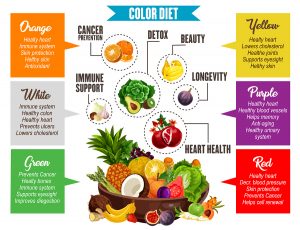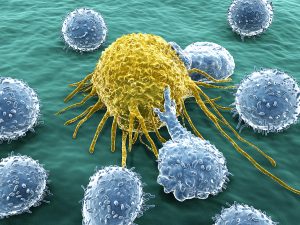An article in the medical journal “Medical News Today” found that ultraprocessed food leads to premature aging.
What are ultraprocessed foods?
The NOVA Food Classification System explains what ultraprocessed foods (UPFs) are and what other ones are not. Examples of ultraprocessed foods are: fatty, sweet, savory or salty packaged snacks, pre-prepared poultry and fish ‘nuggets’ and ‘sticks.’ Others are cola, soda and other carbonated soft drinks, pastries, cakes and cake mix. Generally speaking, the food processors add too much salt, sugar and saturated fat. They often also add food preservatives, coloring, and flavor enhancers.
What do ultraprocessed foods cause?
Sugary beverages lead to blood sugar peaks and insulin surges. This in turn can cause type 2 diabetes later on. Melanie Murphy Richter, MS, RDN, a registered dietitian nutritionist said that “overly salty snacks like chips, crackers, and instant noodles, and other UPFs with trans fats and hydrogenated oils all should ideally be avoided”. Read labels before you buy any food product. Hydrogenated oils and trans fats are increasing LDL cholesterol leading to premature hardening of the arteries. This can cause strokes and heart attacks.
Hot dogs, sausages, and deli meats contain nitrates and nitrites as preservatives. This can form carcinogenic compounds like nitrosamines during cooking or metabolism. The World Health Organization (WHO) has classified processed meats to contain Group 1 carcinogens. These processed meats also contain high amounts of sodium and saturated fats. This causes high blood pressure and cardiovascular disease.
Telomere length reduced by ultraprocessed foods
Another study regarding consumption of ultraprocessed foods came out in 2020. There were 886 participants aged 57–91. Researchers measured telomere length in saliva samples. Subjects with the highest UPF consumption had almost twice the odds of having short telomeres in comparison to those with the lowest UPF consumption. Patients with shorter telomeres were much more prone to chronic diseases like cancer and cardiovascular disease. The overall death rate was much higher in patients with shorter telomeres. This confirms what another study also found.
Ultraprocessed foods are causing obesity and weight gain
Another study found that ultraprocessed foods caused weight gain and obesity. The authors of this study pointed out that US residents eat up to 70% of the total calorie input as UPFs. They reviewed the literature and found that UPF consumption raises the risk of obesity. Also, chronic conditions like cancer, strokes, heart attacks, type 2 diabetes and depression are directly linked to UPF consumption. Because of the development of these chronic health conditions the life expectancy is about 10% shorter than for those who don’t consume UPFs.
Conclusion
Over the past several decades food companies produced more and more ultraprocessed foods (UPFs). You see them on grocery store shelves. They contain high amounts of sugar, saturated fat and salt. This can cause cardiovascular disease. Added food preservatives, coloring, and flavor enhancers are also of concern as they may lead to UPF food addiction. Obesity, cancer, heart attacks and strokes are often the final result of UPF overconsumption. Another publication that I reviewed showed that consumption of UPF leads to shorter telomeres in all body cells. We know from other publications that short telomeres cause chronic diseases and premature deaths because of organ failures. The bottom line is that you want to reduce your UPF food intake and increase your whole food intake. This will strengthen your immune system, prevent heart attacks, strokes and cancer. Your telomeres will stay long and your life expectancy increases by about 6 years.















